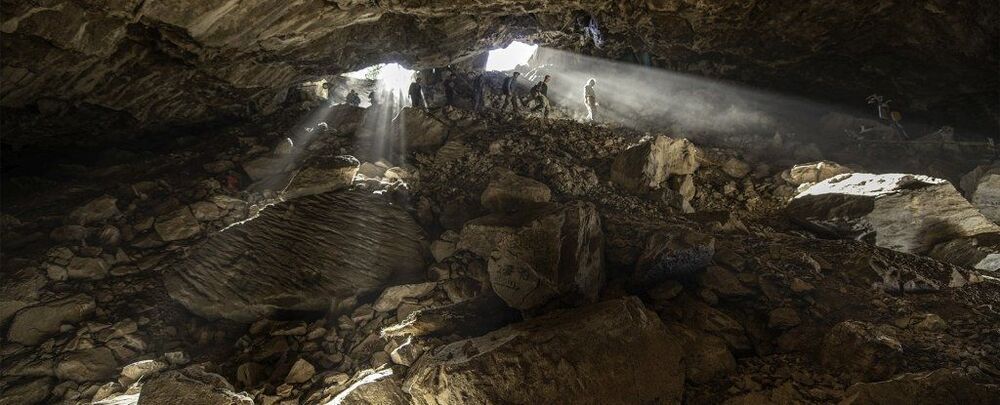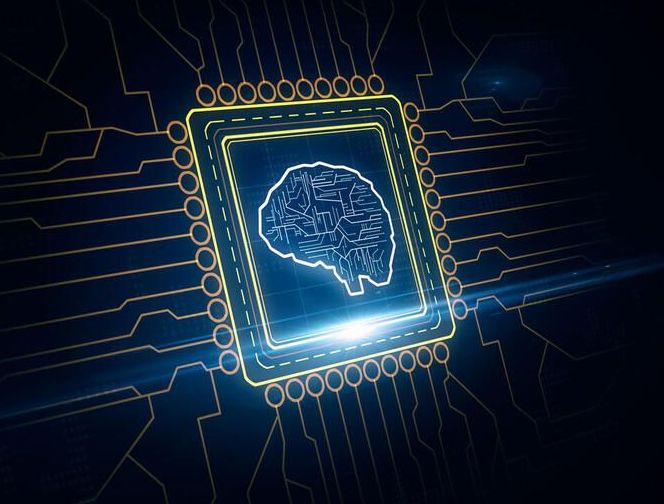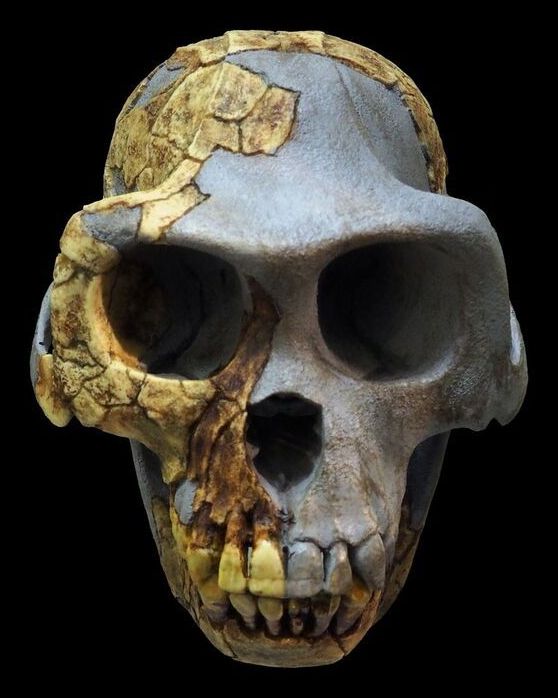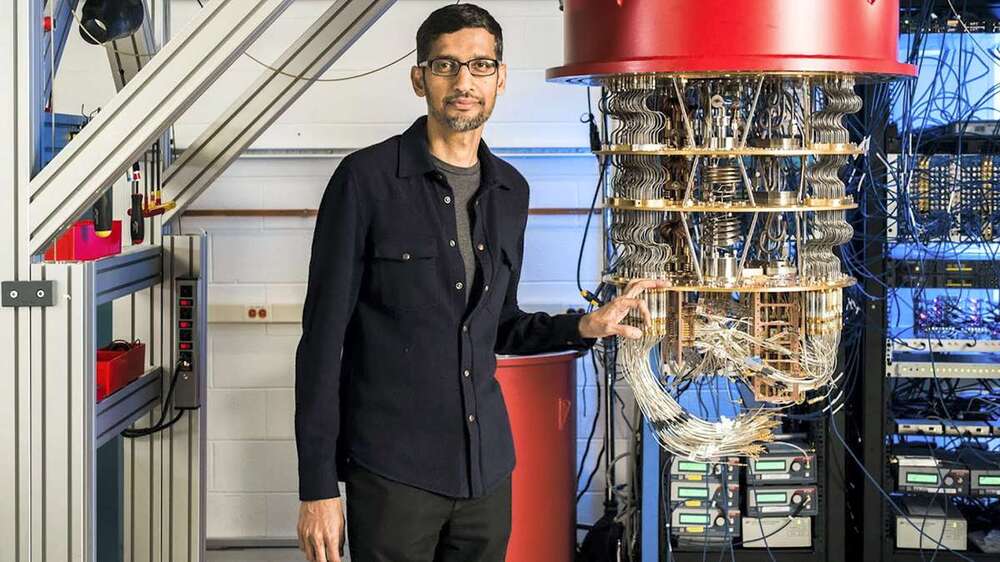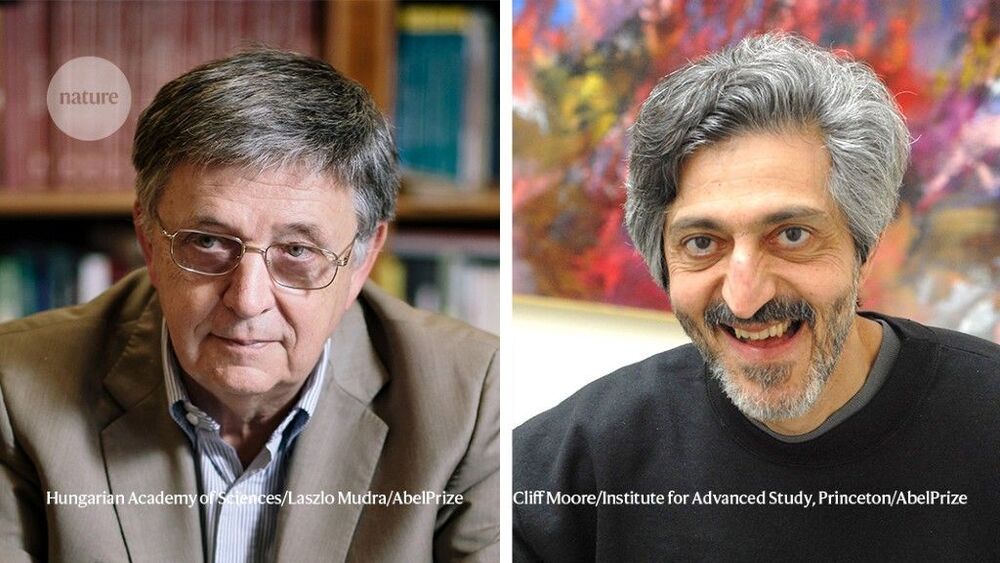The dirt scattered across the floor of an ancient, remote cave in Mexico has yielded a new source of viable ancient DNA.
For the first time, scientists have sequenced ancient DNA from soil samples — and it’s all thanks to the Upper Paleolithic bears that prolifically used the cave as their toilet around 16000 years ago.
The scientists describe their work as “the Moon landing of genomics”, as the breakthrough means fossilized remains are no longer the only way of obtaining ancient DNA. Further, it shows ancient DNA can now be studied in the context of populations, rather than scattered, fragmentary individuals.
